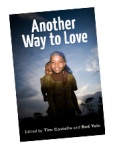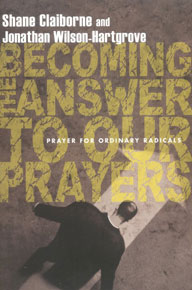A recent debate on the existence of God between atheist Christopher Hitchens and Christian apologist William Lane Craig is reported with glee in Lee Strobel’s latest newsletter with the headline ‘Hitchens gets spanked!’. I don’t mind Strobel. I have been impressed with the books of his I have read, books such as The Case for Christ and The Case for Faith. He makes his case well by asking questions that a reasonable skeptic and/or seeker would ask. However it comes across as pretty severe gloating to me to say that Hitchens got ‘spanked’. Whilst I acknowledge that an atheist website that reported on the debate also used these terms in describing the debate, I still see a strong sense of gloating on the part of Strobel.
As long as there remains a sense of gloating each time one side wins a battle in this war of beliefs, each side will remain entrenched in its beliefs, and probably become more entrenched. If the Christian side of a debate like this is to show people that God exists and therefore you are invited into a relationship of life with God, I don’t think gloating over winning another debate is going to impress anyone. I am reminded of what Rikk Watts has said about this. He has made the point that some of the early Christians were actually not able to answer some of the philosophical attacks thrown at them by pagans. Yet still they turned the Roman Empire upside down and drew millions into faith in Christ. They did not win the empire by arguments; they won the empire through the quality of their lives. If I won an argument against an atheist and I gloated about it, other atheists would be fully justified in being repelled by the faith that I proclaim. They would be justified in saying “well, he had some great arguments but I sure wouldn’t want to be like him”.
As I stated in my previous post about debates over climate change, it is crucial that we listen with respect to those we disagree with. As St Peter says, let us respond with gentleness and respect to the allegations of people we disagree with. May this be so in our debates with our atheist friends.











